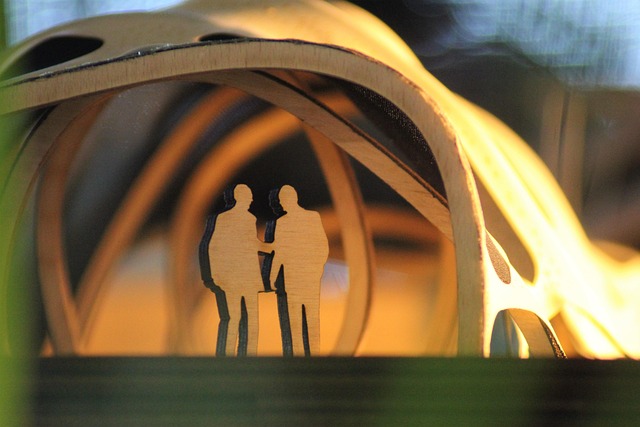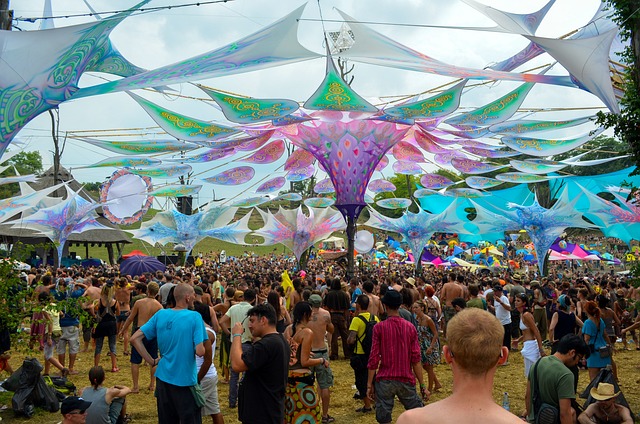The Evolution of Electronica: A Deep Dive into the Electronic Music Culture
In the diverse tapestry of musical genres that have emerged over the decades, electronica stands out as a uniquely transformative force. From the pulsating beats of early synthesizers to the vibrant rhythms of today’s techno and house, electronica has not only reshaped the soundscape but also cultivated an entire culture around it.
Tracing the Roots of Electronica
The story of electronica begins in the late 20th century, where pioneers harnessed the power of technology to create new forms of music. Artists like Kraftwerk and Giorgio Moroder introduced the world to the possibilities of electronic sound, developing a foundation that would inspire countless others. Their innovative techniques not only birthed a new genre but also redefined our understanding of music production.
Musical Genres Within Electronica
As electronica evolved, it branched into sub-genres, each with its own unique flavor and cultural significance. From ambient sounds that evoke deep introspection to the energetic pulses of trance and the hard-hitting beats of drum and bass, the spectrum of electronica appeals to a wide audience. Genres like house and techno have become mainstays in nightclubs and festivals worldwide, drawing people together on the dance floor, united by the universal language of rhythm.
The Party Scene and its Vibrant Culture
At the heart of electronica lies the party culture, a communal celebration of sound and movement. Raves and festivals have become synonymous with the genre, offering euphoric experiences that transcend everyday life. These gatherings are not merely about music; they are a lifestyle, integrating fashion, art, and collective expression. It’s an environment where freedom reigns and identities can be explored and embraced. People from all walks of life come together, bonded through the shared experience of electrifying beats and luminous lights.
The Social Impact of Electronica
As electronic music continues to evolve, its impact on society and culture cannot be overstated. It has become a platform for social movements, a voice for the marginalized, and a haven for creativity. Many contemporary artists are using their platforms to inspire change, addressing issues from mental health to social justice within their music. The dynamic nature of electronica ensures that it remains relevant, capable of adapting to the times while continuously pushing boundaries.
In this journey through the evolution of electronica, it is evident that this genre is more than just music; it embodies a rich culture that resonates deeply with its followers. It’s a testament to the power of sound to unite, empower, and inspire—a vibrant movement that’s only just begun to unfold.



